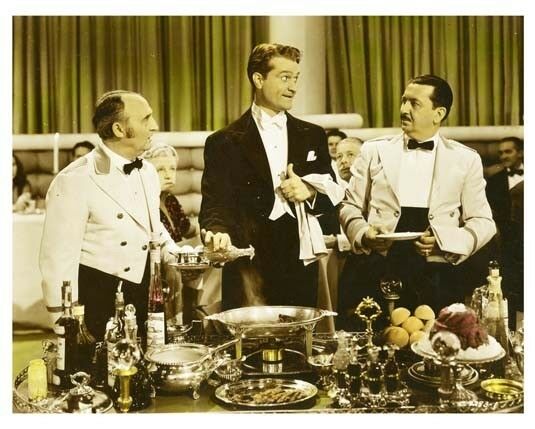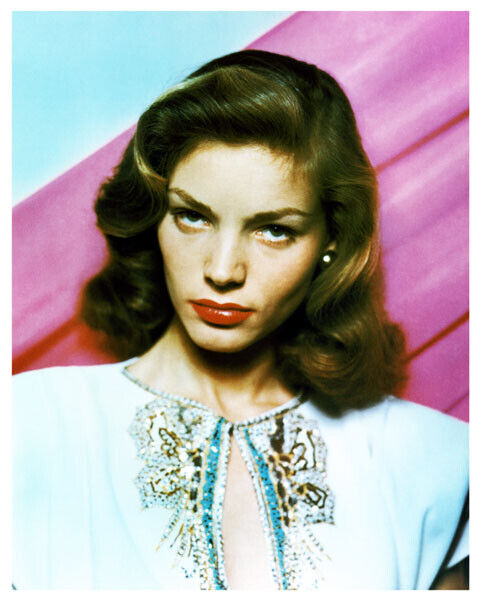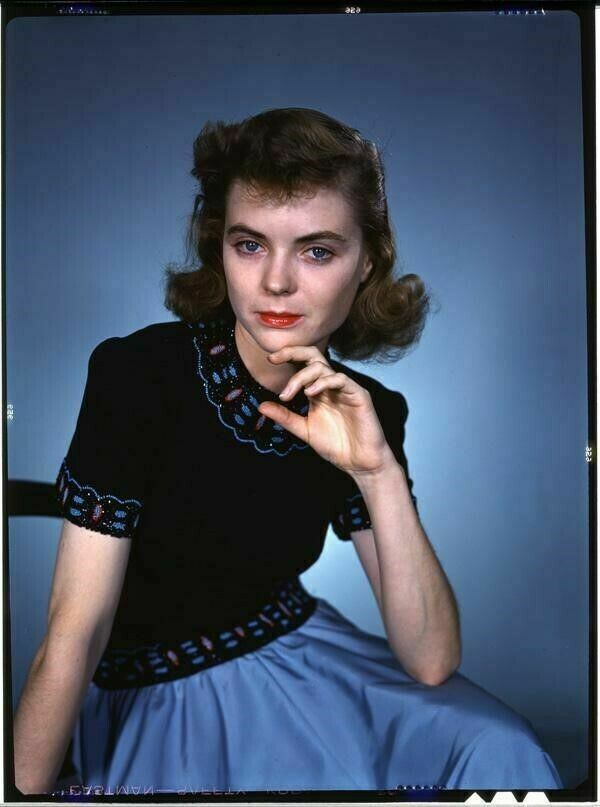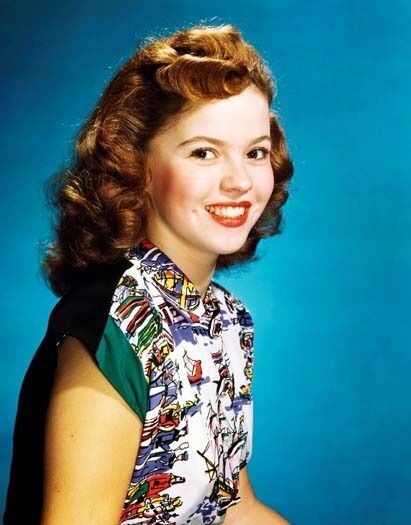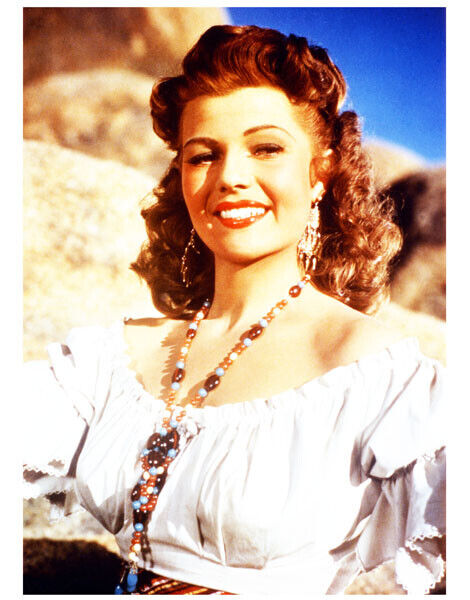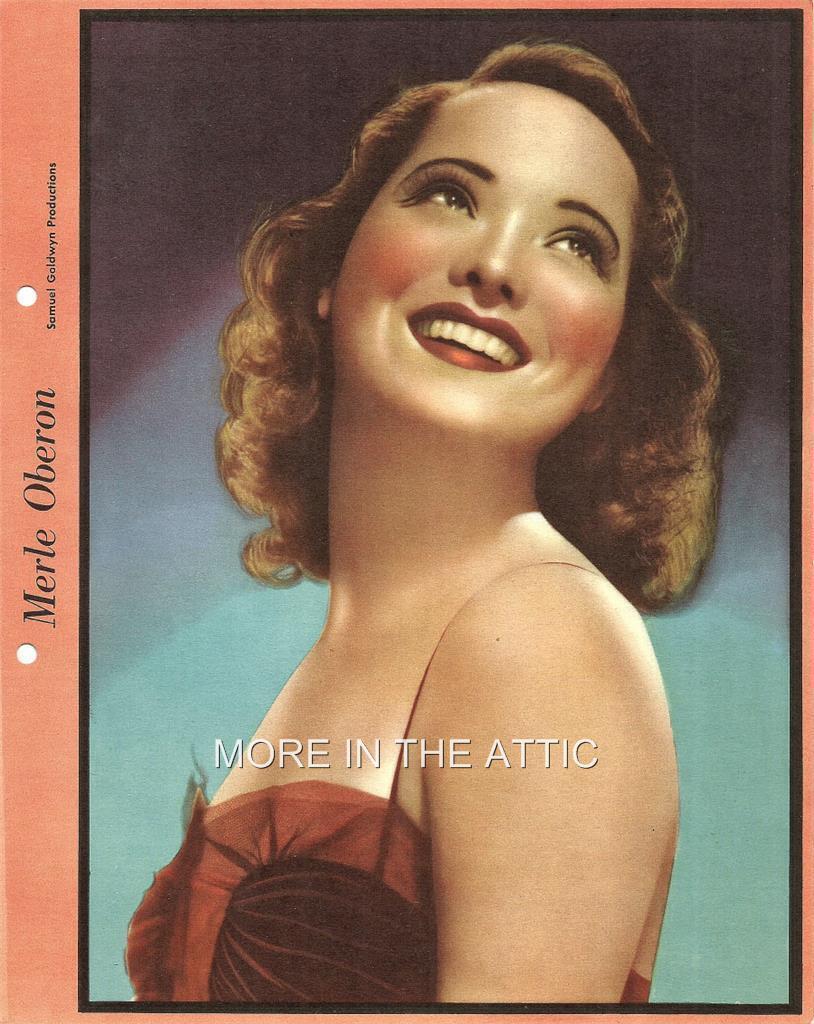-40%
1940's, 8"x10" Sepia Tone print, James Stewart, made by Screen Art Pictures
$ 11.19
- Description
- Size Guide
Description
1940's, 8"x10" Sepia Tone print, James Stewart, made by Screen Art Pictures1940's, 8"x10" Sepia Tone print, James Stewart, made by Screen Art Pictures
Click image to enlarge
Description
You are bidding on a
1940's, Sepia Tone print of James Stewart, made by Screen Art Pictures
.
Notes:
James Maitland Stewart (May 20, 1908 – July 2, 1997) was an American actor and military officer who is among the most honored and popular stars in film history. Known for his distinctive drawl and everyman screen persona, Stewart had a film career that spanned over 55 years and 80 films. With the strong morality he portrayed both on and off the screen, Stewart epitomized the "American ideal" in twentieth-century United States. In 1999, the American Film Institute (AFI) ranked him third on its list of the greatest American male actors.
Born and raised in Indiana, Pennsylvania, Stewart started acting while studying at Princeton University. After graduating in 1932, he began a career as a stage actor, appearing on Broadway and in summer stock productions. In 1935, he signed a film contract with Metro-Goldwyn-Mayer (MGM). The studio did not see leading man material in Stewart, but after three years of supporting roles and being loaned out to other studios, he had his big breakthrough in Frank Capra's ensemble comedy You Can't Take It with You (1938). The following year, Stewart garnered his first Academy Award nomination for his portrayal of an idealized and virtuous man who becomes a senator in Capra's Mr. Smith Goes to Washington (1939). He won the Academy Award for his work in the screwball comedy The Philadelphia Story (1940), which also starred Katharine Hepburn and Cary Grant.
After the war, Stewart had difficulties in adapting to changing Hollywood and even thought about ending his acting career. He became a freelancer, and had his first postwar role was as George Bailey in Capra's It's a Wonderful Life (1946). Although it earned him an Oscar nomination, the film was not a big success at first. It has gained in popularity in the decades since its release, and is considered a Christmas classic and one of Stewart's most famous performances. In the 1950s, Stewart experienced a career revival by playing darker, more morally ambiguous characters in westerns and thrillers. Some of his most important collaborations during this period were with directors Anthony Mann, with whom he made eight films including Winchester '73 (1950), The Glenn Miller Story (1954) and The Naked Spur (1953), and Alfred Hitchcock, with whom he collaborated on Rope (1948), Rear Window (1954), The Man Who Knew Too Much (1956), and Vertigo (1958). Vertigo was ignored by critics at its time of release, but has since been reevaluated and recognized as an American cinematic masterpiece. His other films in the 1950s included the Broadway adaptation Harvey (1950) and the courtroom drama Anatomy of a Murder (1959), both of which landed him Academy Award nominations. He was one of the most popular film stars of the decade, with most of his films becoming box office successes.
Stewart's later Westerns included The Man Who Shot Liberty Valance (1962) and Cheyenne Autumn (1964), both directed by John Ford. He signed a lucrative multi-movie deal with 20th Century-Fox in 1962, and appeared in many popular family comedies during the decade. After a brief venture into television acting, Stewart semi-retired by the 1980s, although he remained a public figure due to the renewed interest in his films with Capra and Hitchcock and his appearances at President Reagan's White House. He received many honorary awards, including an honorary Academy Honorary Award and the Presidential Medal of Freedom, both in 1985.
Stewart remained unmarried until his 40s, and was dubbed "The Great American Bachelor" by the press. In 1949, he married former model Gloria Hatrick McLean. They had twin daughters, and he adopted her two sons from her previous marriage. The marriage lasted until McLean's death in 1994; Stewart died of a pulmonary embolism three years later.
This piece of Movie Memoribilia is over 70 years old.
Size: 8” x 10”.
Back is blank.
Condition: used,
EX-EX/MT
(see images).
This item would make a great gift or nice addition to your collection
.
Visit My eBay Store
To see all my Postcards
To see all my Movie Items
To see all my Disney Items
To see all my Baseball Items
To see all my Boy Scout Cards
To see all my Stereoview Cards
Add me to your Favorite Sellers and Sign up for my Newsletter
This Item will be shipped securely. I will combine lots to save on the shipping costs and I use USPS 1st class shipping (it gives both of us tracking of the package).
Please look at my other Auctions for more Collectibles of the 1800's-1900's.
Images sell!
Get Supersized Images & Free Image Hosting
Create your brand with Auctiva's
Customizable Templates.
Attention Sellers - Get Templates
Image Hosting, Scheduling at Auctiva.com.
Track Page Views With
Auctiva's FREE Counter

